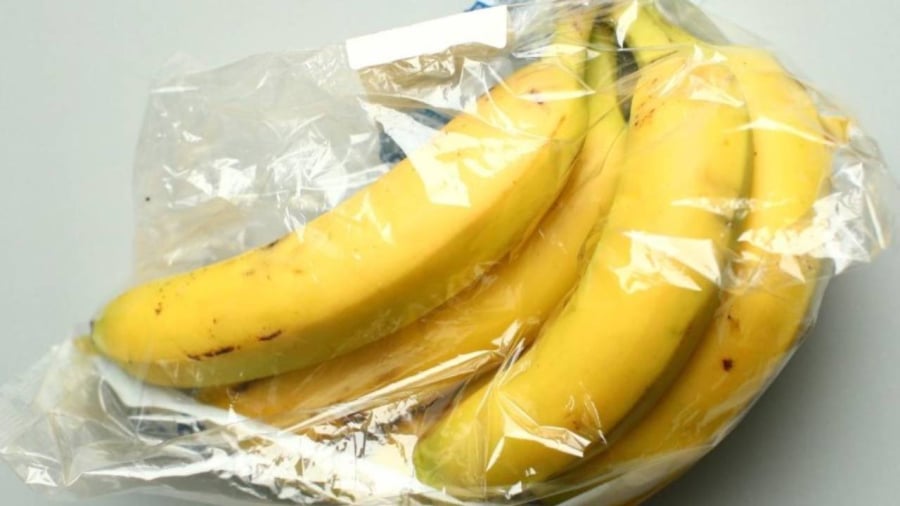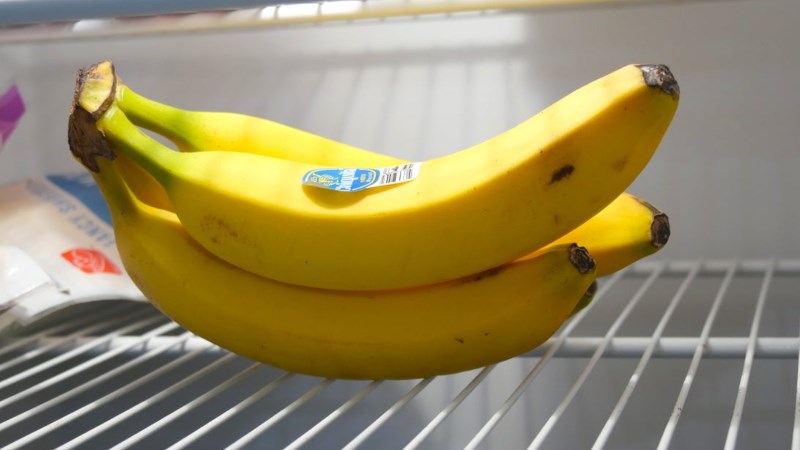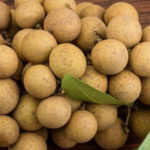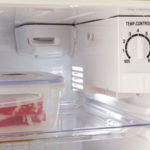Should bananas be kept in the refrigerator?
Bananas are a fruit that contains a lot of vitamins and minerals that are essential for the body. Bananas are relatively inexpensive, so they are often bought in large quantities and stored in the refrigerator for later use. However, according to nutrition experts, this is not recommended.
With temperatures ranging from 4 – 8 degrees Celsius, storing bananas in the refrigerator can cause them to become bruised, deteriorated, or spoiled, which can affect the nutritional content of the bananas.

How to store bananas in the refrigerator
In many cases, you can still store bananas in the refrigerator, but you need to store them properly as follows:
Store in zip bags
Step 1
Separate each banana, wrap them tightly with plastic wrap, and then place them in a zip bag and seal it.
Step 2
Place the zip bag in the cool compartment of the refrigerator, set the temperature to around 3 degrees Celsius. It is recommended to use the bananas within 3-4 days when stored this way.
Store with plastic wrap
Similar to the method above, you also separate each banana and wrap them with plastic wrap. Then, place the bananas in the cool compartment of the refrigerator at a temperature around 3 degrees Celsius.
With this method, you can store ripe bananas in the refrigerator for about 1 week.
Storing bananas in the freezer
When storing bananas in the freezer, it is better to store them without the peel.
Here is how to store bananas in the freezer:
Step 1 Peel the bananas and cut them into round slices.
Step 2 Line a baking tray with parchment paper, place the banana slices on it (keep them slightly apart), and then place another layer of parchment paper on top.
Step 3 Put the tray in the freezer, after about 2 hours, take it out, put the banana slices in a container, and then put them back in the freezer.
If you want to store bananas with the peel in the freezer, you can do that too. Simply put the bananas in a zip bag and place them in the freezer. This method may cause the peel to darken slightly, but the flesh inside will still be delicious.

Should ripe bananas be stored in the freezer?
Storing ripe bananas in the freezer helps slow down the ripening process and allows you to use them for a longer period of time. However, you should not use this method frequently as bananas will lose their original sweetness and nutrients after being frozen for a long time.
Tips for storing ripe bananas for a longer time
Store bananas at room temperature until they ripen
Many people have the habit of buying green bananas and letting them ripen gradually. You should note that green bananas should be kept at room temperature, away from sources of heat, so that they ripen naturally. If you store them in the refrigerator, not only will they take longer to ripen, but they will also turn black due to early cell breakdown and the production of melanin.
Apply lemon juice to bananas
You can peel the bananas, slice them, and then apply lemon juice around them. The acidic layer from the lemon helps preserve the color of the bananas. Avoid soaking the bananas in lemon juice, as this will make them too sour. If you don’t like the sour taste of lemon, you can use orange or apple juice, or vitamin C effervescent tablets instead.
Hang the bananas on a hook
You should hang the bananas on a hook, in a well-ventilated area, and away from heat sources. This method helps prevent the bananas from getting bruised. It is also recommended to wrap the bunch of bananas with plastic wrap to reduce oxygen absorption. This way, bananas can be stored for an additional week.
Avoid storing bananas with other fruits and vegetables
Usually, ripe fruits release ethylene gas. Therefore, you should store bananas separately. Note that you should not store bananas in a sealed bag, as they will become mushy and rot faster.
People who should not eat bananas
People with type 2 diabetes
Bananas contain a high amount of sugar, so if you have type 2 diabetes, you should not eat ripe bananas as they will cause an increase in your blood sugar level.
People with kidney problems or nephritis
If your blood test shows a high level of potassium, you should limit your banana intake. Bananas are naturally high in potassium, and if you have kidney problems or nephritis (excess potassium), consuming too much potassium can cause irregular heartbeats, nausea, and slower heart rate, which can worsen your condition.
In addition to bananas, you should also limit your consumption of other high-potassium foods such as soybeans, green beans, durian, tuna, and beef.
People with headaches
Bananas contain Tyramine, Phenethylamine, and various amino acids that can reduce blood flow. Eating bananas while experiencing a headache can actually increase the pain rather than alleviate it.
People with heart disease
For people with cardiovascular problems who take beta-blockers, which raise potassium levels in the blood, adding bananas (a high-potassium food) to their diet can potentially affect their health.
Is Refrigerated Leftovers Linked to an Increased Risk of Cancer?
Dr. Lam Van Man, Head of Research, Development and Technology Transfer Department of the Institute of Safety Food, has warned of the risk of food poisoning when reheating leftovers from the refrigerator. But what should we be aware of when it comes to the possibility of these leftovers causing cancer? Here, we explore what the experts have to say on the matter and offer some tips for safe eating.





































